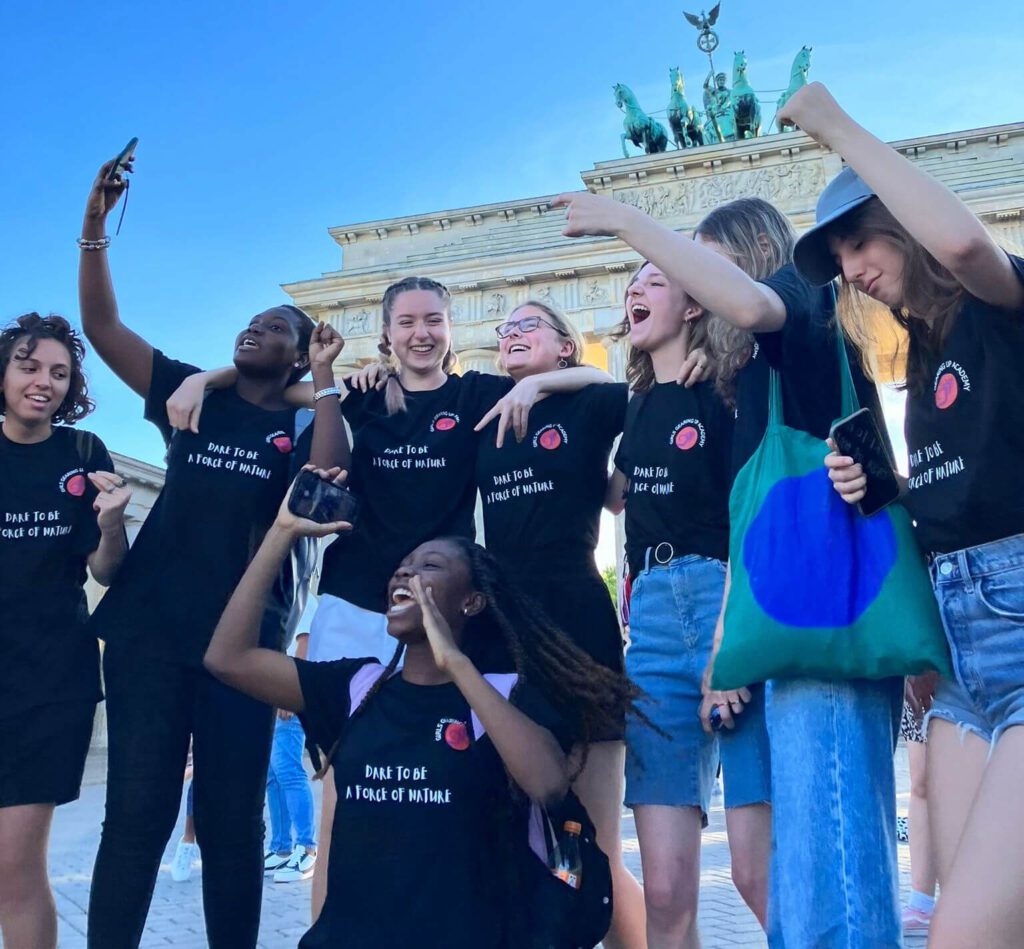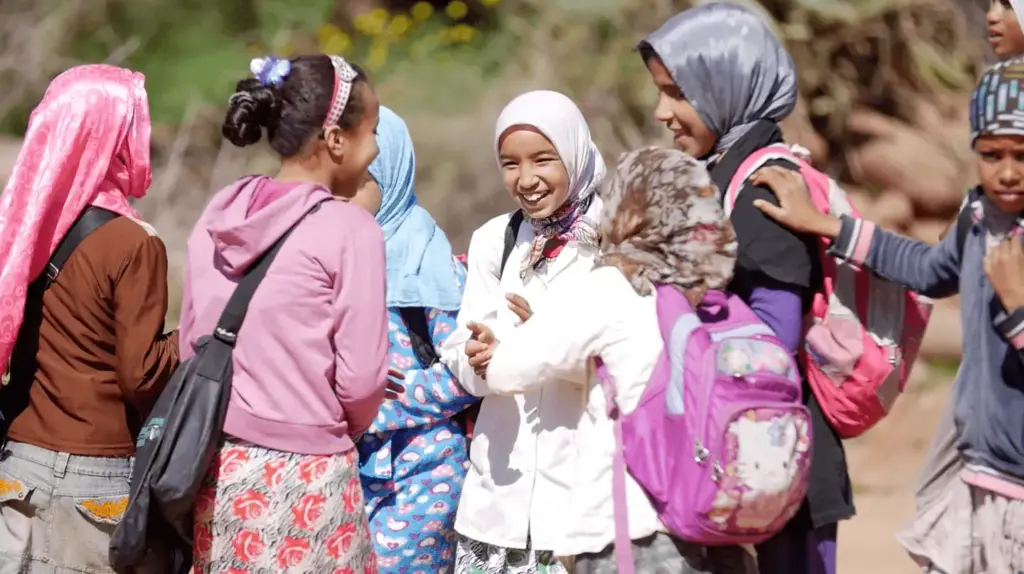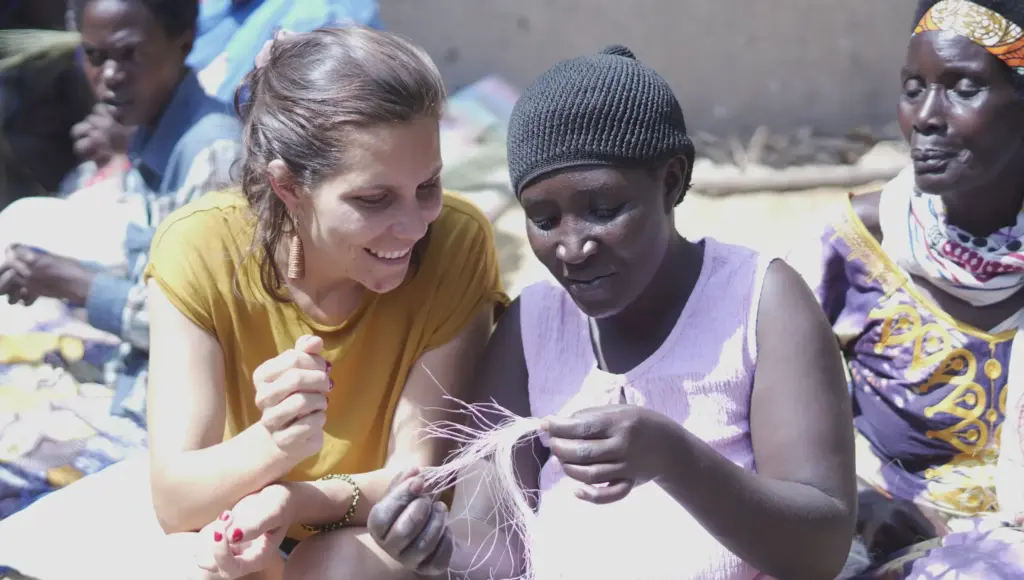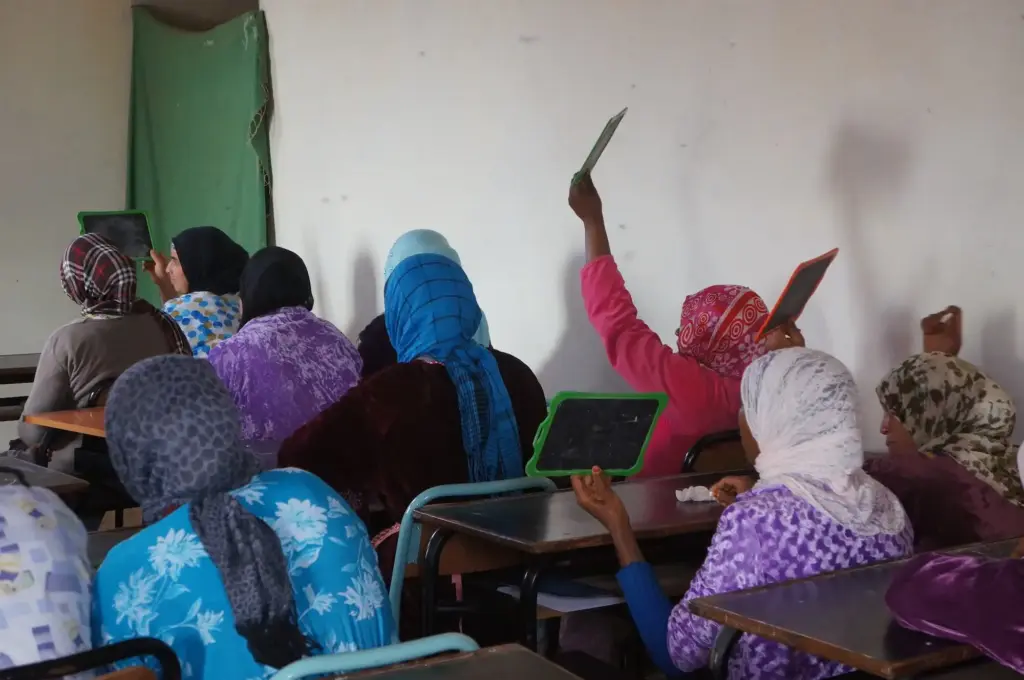The Road to Gender Equality and Prosperity
Women’s Rights in Africa
Improving women’s rights in Africa is at the heart of crucial developments for the entire continent. However, it is important to recognise that the African continent, with its 54 countries, has an extraordinary diversity of cultures, deeply rooted traditional norms and socio-economic circumstances. This diversity means that the issue of women’s rights in Africa is difficult to generalize and the challenges and opportunities for women’s rights can vary greatly from country to country. It is therefore of utmost importance to adopt a differentiated approach that takes into account the unique context of each country in order to effectively promote and protect women’s rights in Africa. Despite these differences, a growing body of research confirms the assumption that strengthening women’s rights in Africa not only significantly improves the quality of life of girls and women, but also contributes to more stable, prosperous and equitable societies.
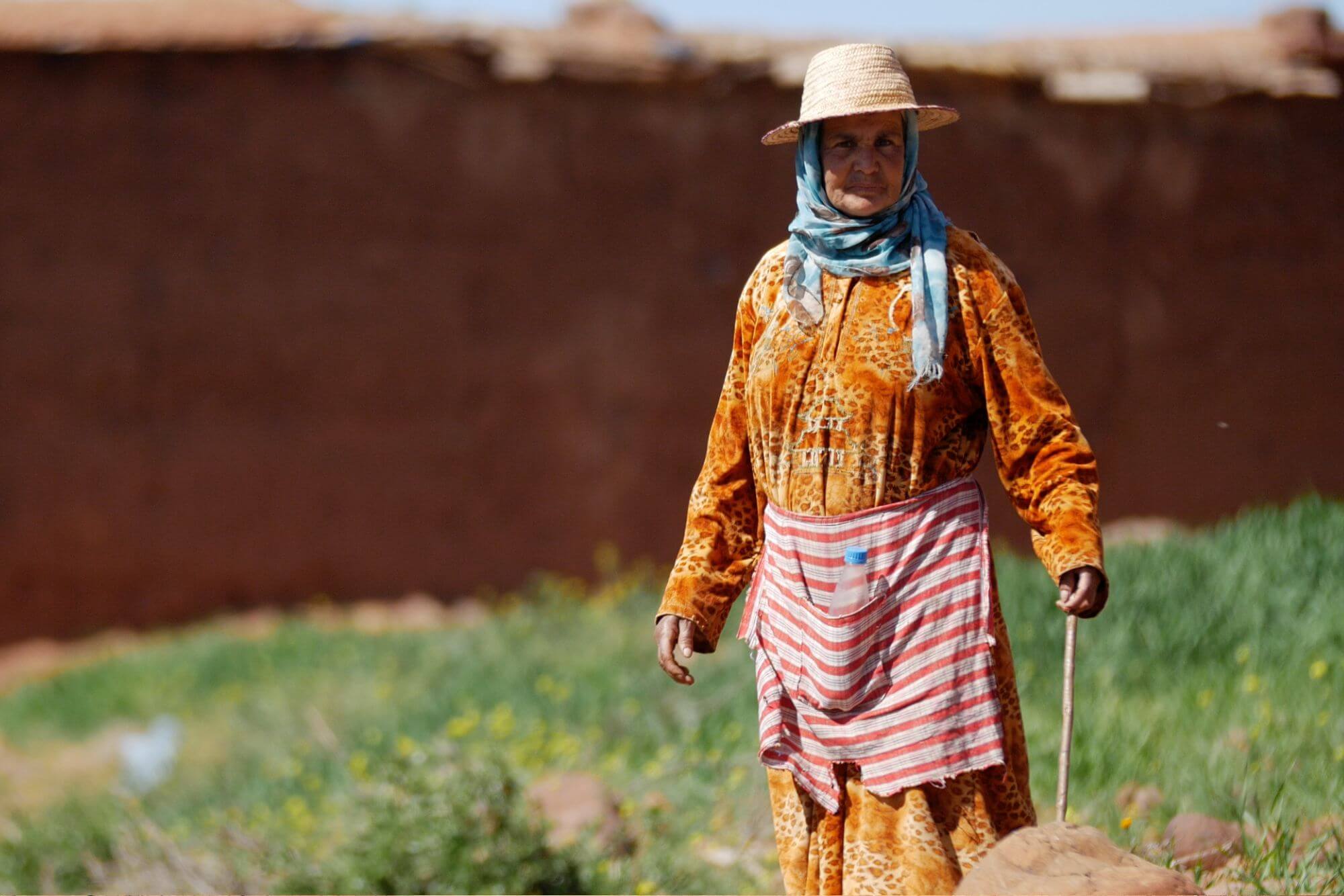
Overview of the Situation: Women’s Rights in Africa
The situation of women’s rights in Africa is complex and marked by various challenges that differ from one African country to another. The causes of human rights violations in Africa, and of women’s rights in particular, vary according to the specific conditions in each African country. These include situations such as armed conflict, political circumstances and climatic disasters. However, it is important to note that women and girls are often the first to suffer from such grievances in a country because they are structurally disadvantaged in society. Despite many efforts to empower women in African societies, discrimination and violence against them remain widespread problems.
Historical Background: The Maputo Protocol
The Maputo Protocol, officially known as the Protocol to the African Charter on Human and Peoples’ Rights on the Rights of Women in Africa, stands out as the most significant milestone in the women’s rights movement on the African continent. Adopted by the African Union in 2003, it aims to strengthen women’s rights across the continent through comprehensive measures in areas such as health, education, political participation and protection from discrimination and violence.
Notable demands include banning female genital mutilation, combating domestic violence, ensuring equal pay for equal work and the right to hold political and public office. Despite its ambitious goals, the implementation of the Maputo Protocol remains a challenge in many African countries. While some member states have made significant progress in incorporating the rights set out in the Protocol into their national legislation, practical implementation in many places falls short of expectations.
Issues such as lack of resources, lack of awareness, cultural resistance and slow implementation of legal frameworks prevent the actual realization of women’s rights enshrined in the Protocol in all spheres of life.
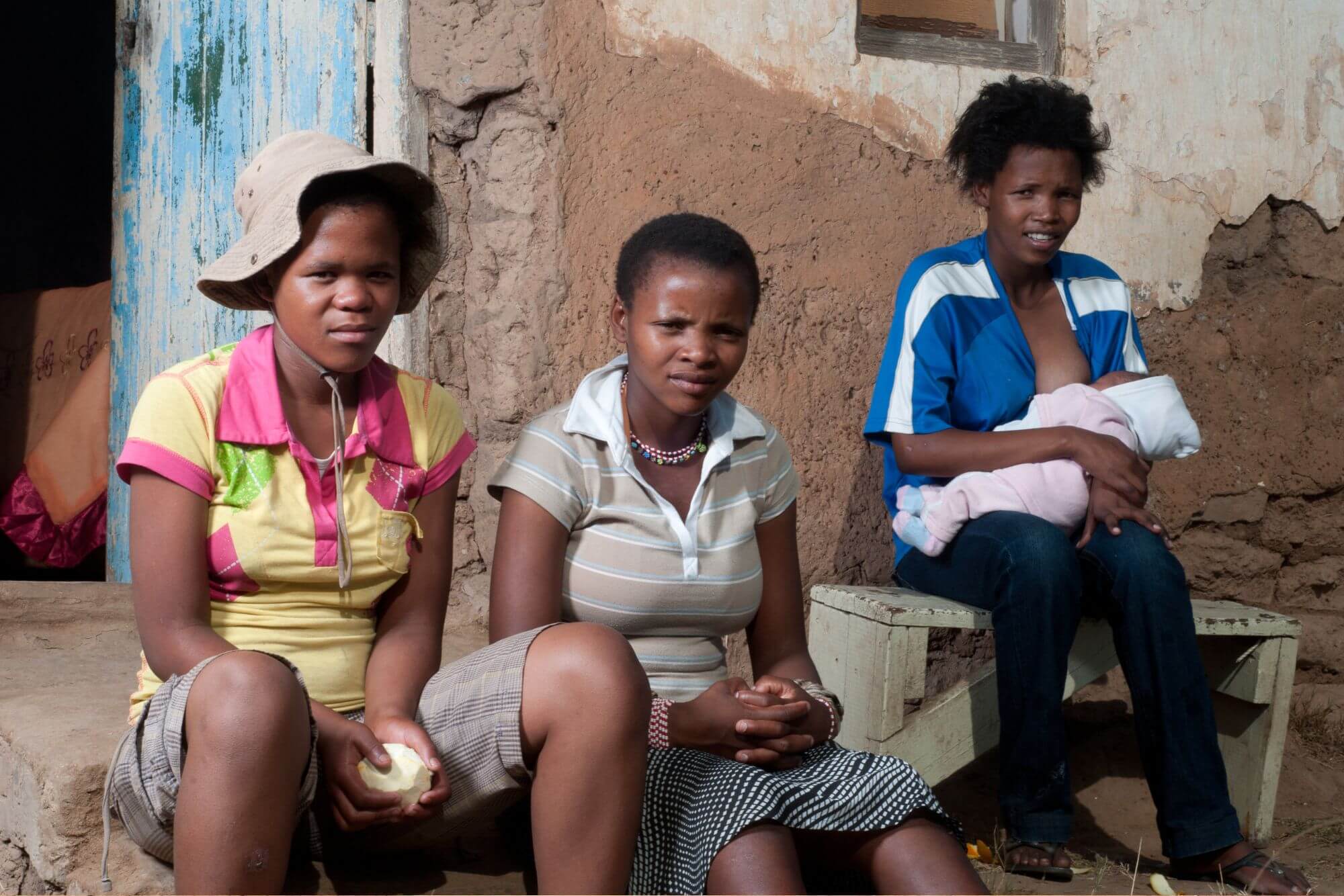
Key Issues: Women’s Rights in Africa
Discrimination and Violence against Women
Gender-based violence is a particular challenge to women’s rights in Africa. According to a 2019 study by UN Women, women on the African continent experience the highest rates of violence by partners or family members in the world.
This violence ranges from physical assault and rape to female genital mutilation, and has worsened during the COVID-19 pandemic, with the numbers still remaining high in 2023. In addition to this physical violence, women in Africa also face significant discrimination and often have limited access to education and health facilities, indicating that women’s rights are profoundly neglected in Africa.
Child Marriage and Access to Education
Access to education and healthcare is central to women’s empowerment and fundamental to advancing women’s rights in Africa. The practice of child marriage remains widespread in many parts of Africa, despite legal progress against the practice. UNICEF reports that in West and Central Africa, 37% of young women were married before the age of 18, while in Eastern and Southern Africa, the rate of early marriage was 32%. The practice of child marriage not only results in underage girls dropping out of school, but also perpetuates a cycle of poverty and gender inequality. Improving women’s rights in Africa therefore requires an increased focus on ending child marriage and promoting access to education in Africa so that girls and women can make informed decisions about their lives.
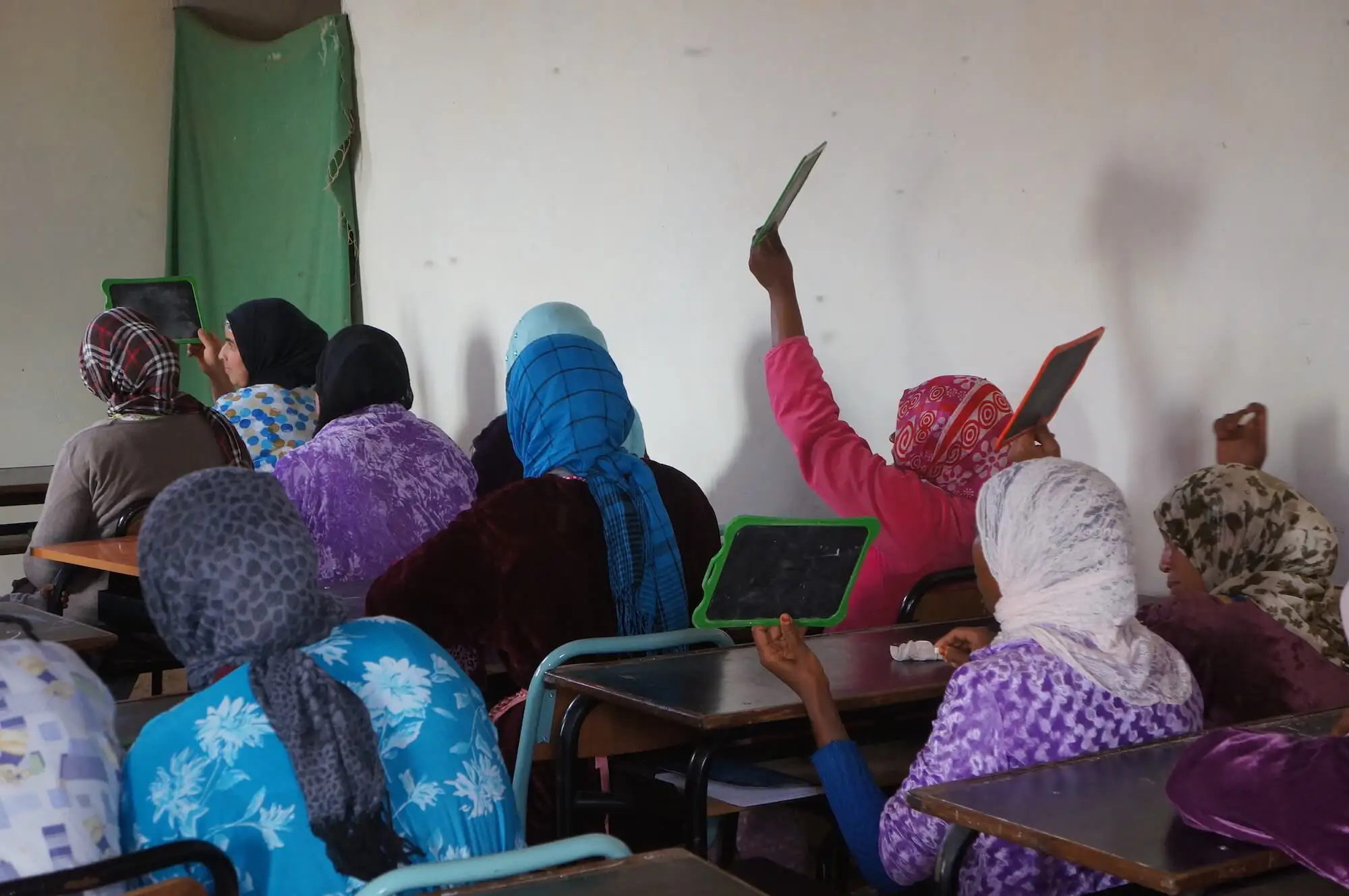
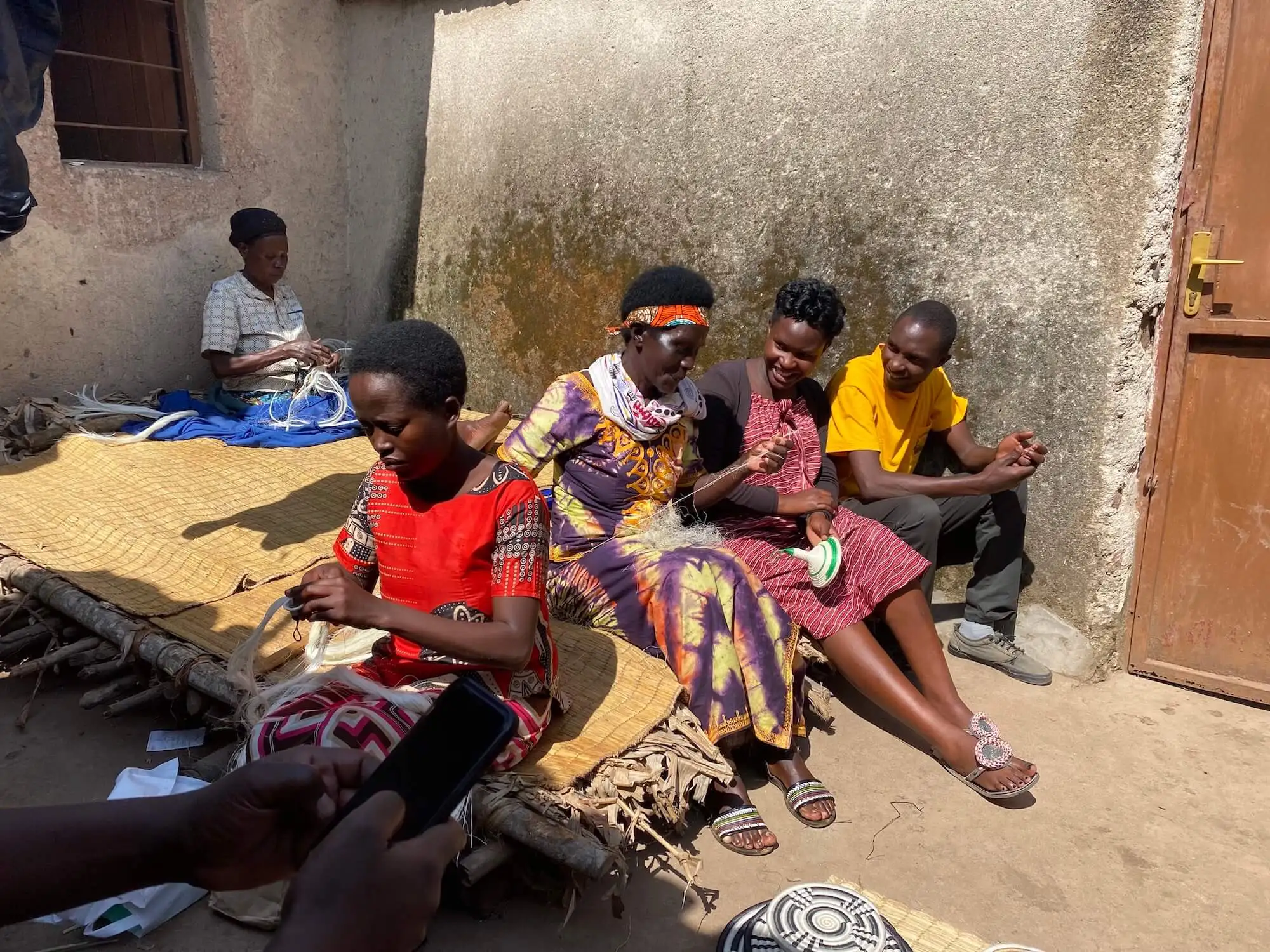
Economic Empowerment of Women
From an economic perspective, strengthening women’s rights could also enable Africa to achieve a significant economic upturn. Figures from 2018 show that women generate only 33% of the continent’s total GDP, despite making up more than 50% of Africa’s population.
This has significant implications for Africa’s economic strength.
Women’s economic empowerment would be critical to reducing poverty on the continent and promoting sustainable economic development. According to research by the McKinsey Global Institute, the promotion of women’s rights in Africa and the resulting increase in gender equality could boost African economies by 10 per cent of their combined GDP over the next five years. Economically independent women can not only better provide for themselves and their families, but also make a significant contribution to the economy.
Political Participation and Leadership of Women
Promoting women’s political participation and leadership in Africa is crucial to ensuring that women’s rights are finally recognised in Africa. Currently, women are rarely involved in meaningful decision-making processes, and laws are often passed without considering women’s perspectives, even though they are usually the ones directly affected. However, past experience has shown that women in leadership positions are effective in shaping just and inclusive societies. A positive example of women’s political empowerment is the election of Ellen Johnson-Sirleaf as President of Liberia in 2005. The experience of the absence of many men due to the war enabled women to take on traditionally male roles and assume leadership positions. The involvement of Liberian women was instrumental in the mediation between the warring factions and the signing of a peace agreement.
Nonetheless, the proportion of women in African governments and parliaments remains very low, ranging from 10 to 20 per cent in most countries.
The Role of the ABURY Foundation
All this explains why the subject of women’s rights in Africa is inescapable and why the ABURY Foundation has set itself the goal of strengthening the social position of young women and girls on the continent.
As part of our charitable work, we have a number of women’s empowerment projects with a focus on educational programmes, female entrepreneurship and intercultural exchange.
Help us to advance women's rights in Africa!
Donate a regular amount and become part of our circle of friends.
Frequently asked questions
What challenges stand in the way of improving women's rights in Africa?
The challenges are many and varied, including gender-based violence, discrimination, access to education and health care, and lack of women’s political participation.
What does the ABURY Foundation do to improve the situation of women's rights in Africa?
The ABURY Foundation runs a variety of projects to empower women and girls in Africa. These include educational programmes, support for female entrepreneurs and intercultural exchange programmes.
What can I do to help improve women's rights in Africa?
You can support the work of organizations like the ABURY Foundation by donating or volunteering. It is also important to raise awareness of the situation of women in Africa and to actively campaign for their rights, for example by taking part in campaigns or sharing information on social media.
What is the Maputo Protocol?
The Maputo Protocol is a milestone agreement from 2003 to comprehensively strengthen women’s rights in Africa. It covers a range of issues, including protection from gender-based violence, access to education and political participation. It also places special emphasis on reproductive health. Under the Maputo Protocol, signatory states commit to adapting or revising their legislation to effectively protect and promote women’s rights.

